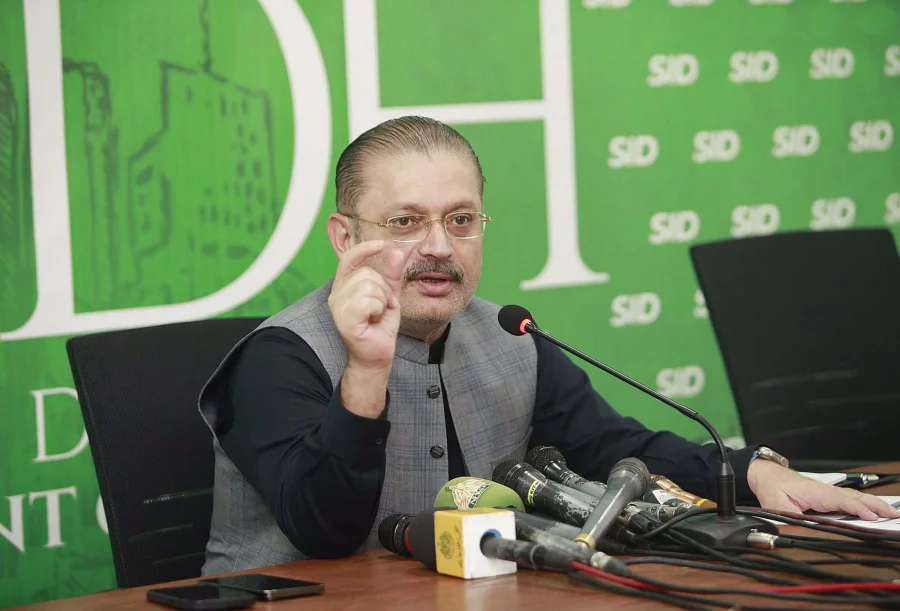Sindh Senior Minister Sharjeel Inam Memon has accused Jamaat-e-Islami (JI) of distorting facts and misleading the public, claiming the party’s baseless allegations aim to obstruct the Sindh government’s development agenda. Reacting to statements by Jamaat-e-Islami Karachi’s Ameer, Memon emphasized the government’s commitment to transparency and collective development through the recently introduced recruitment policy.
“This policy is a stopgap measure to ensure transparency in hiring processes,” he stated. Memon refuted claims about exorbitant fees in educational institutions, explaining that fees are determined based on infrastructure, facilities, and operational costs. He assured that the Sindh government is working on reforms to make education more accessible and affordable. Regarding the decayed transport system at the University of Karachi, Memon labeled it an “inherited issue” but stressed that the government, in collaboration with the university administration, is actively working to modernize and restore the transport network.
Discussing delays in the Red Line Bus Rapid Transit (BRT) project, the Senior Minister called it a historic initiative aimed at resolving Karachi’s public transport crisis. However, he attributed the project’s delays to technical issues, interruptions during the caretaker government, and challenges related to utility relocation in Karachi. “The primary reasons for increased project costs are global inflation, rising material prices, and the devaluation of the rupee,” Memon explained.










